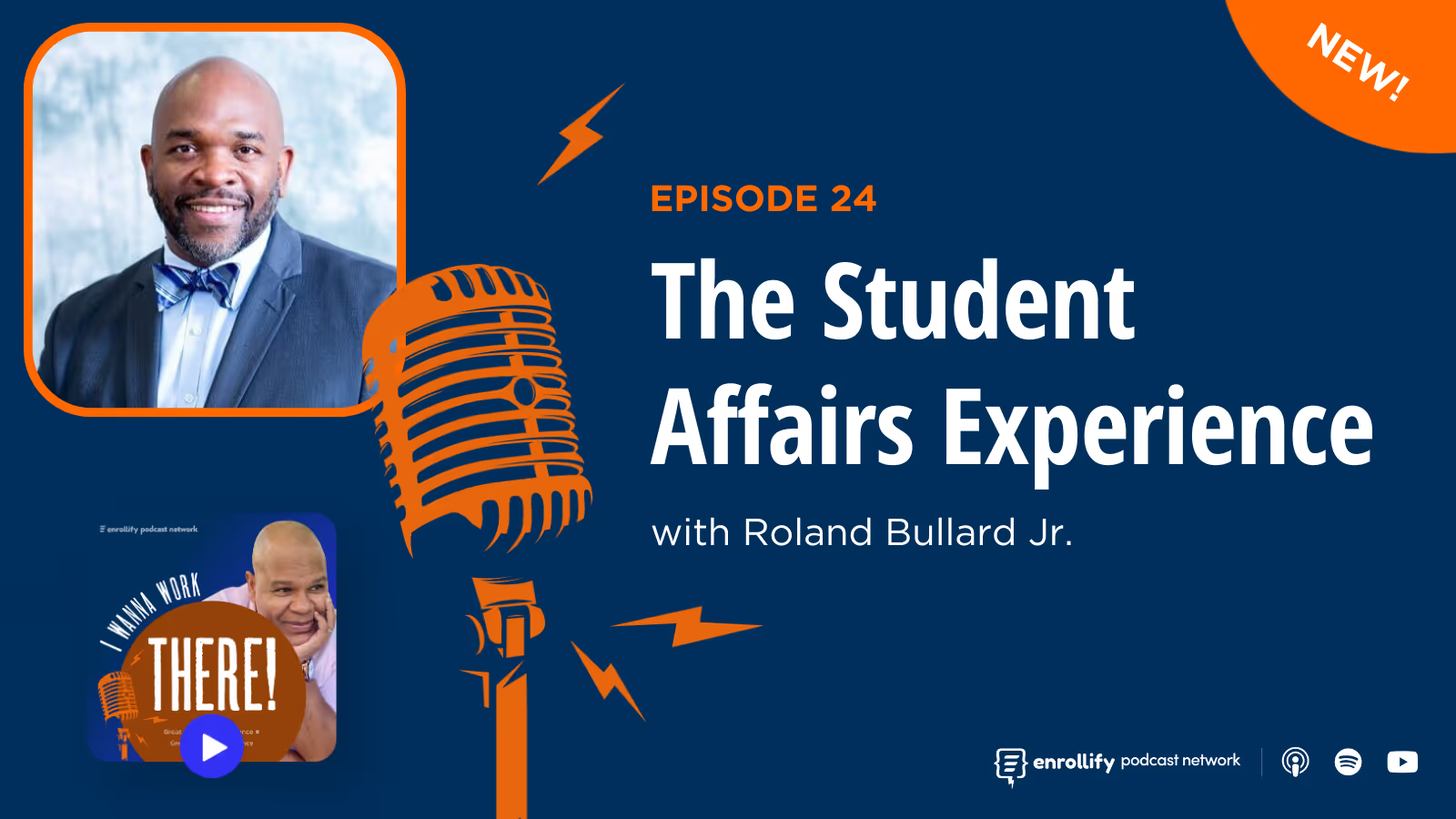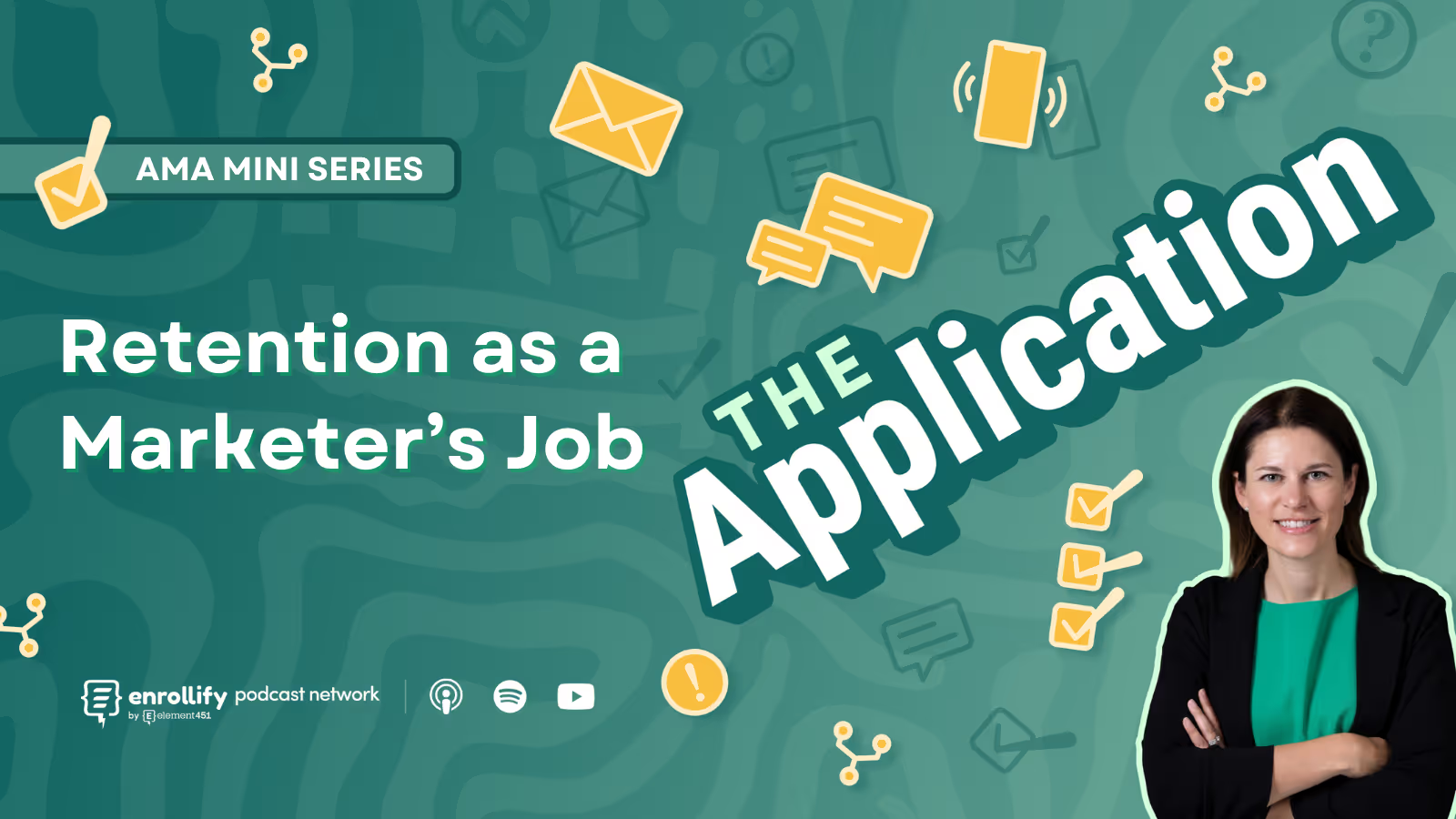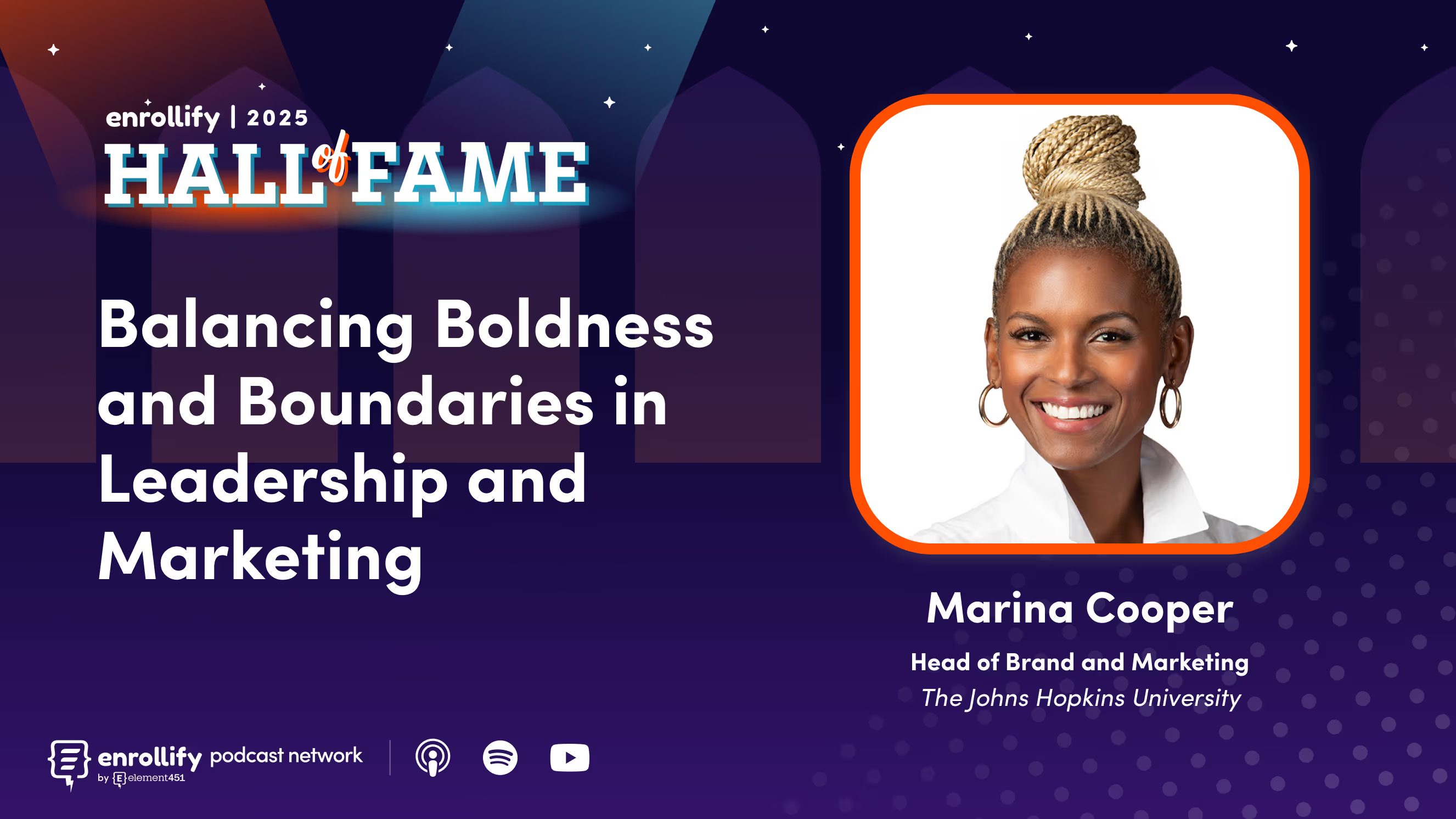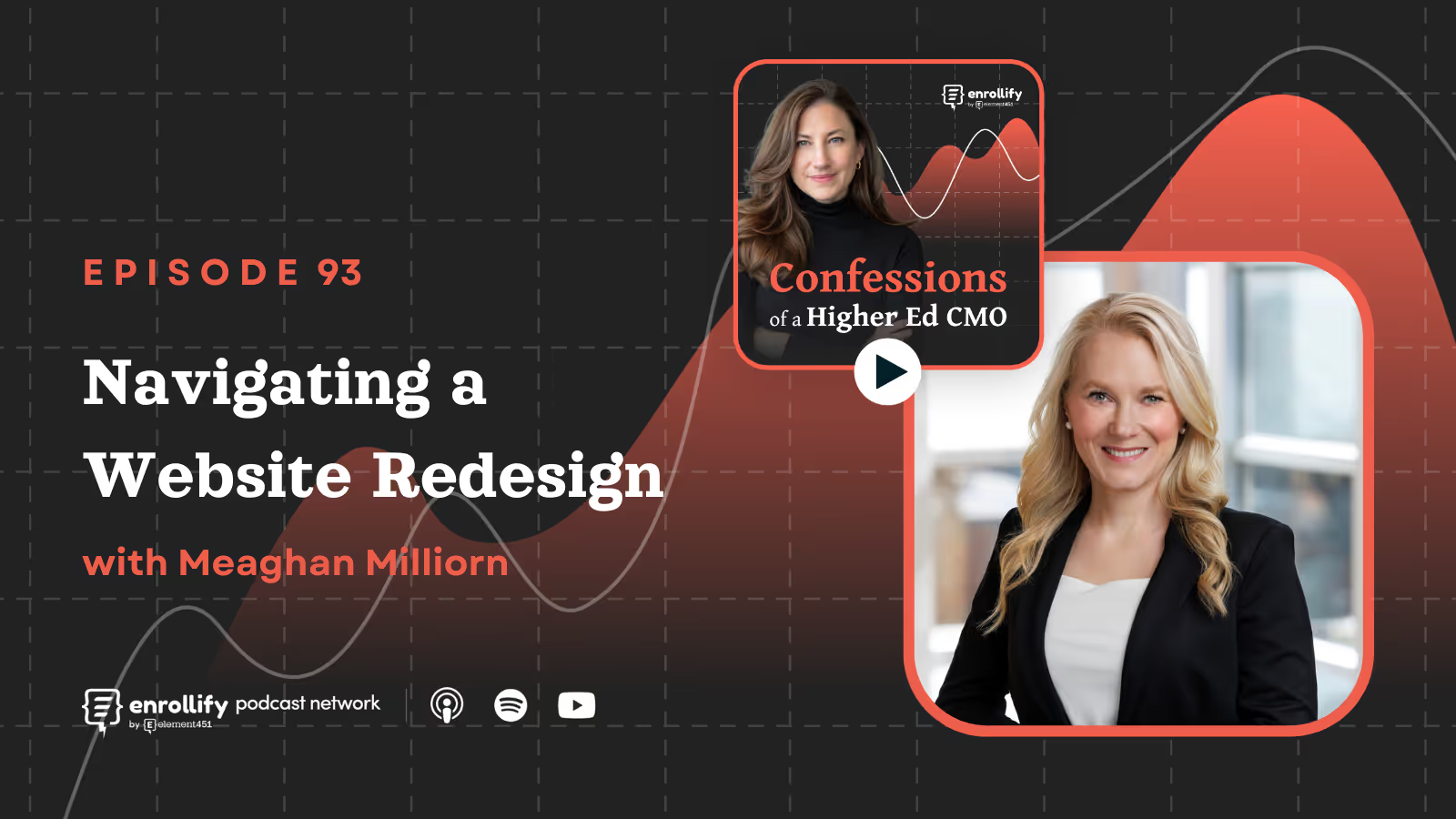About the Episode
In this episode of I Wanna Work There, Eddie Francis sits down with Roland Bullard, former Vice President of Student Affairs and higher education consultant, to explore the often-overlooked yet critical talent experience in student affairs. Roland shares powerful insights on the intrinsic rewards of the field, the challenges of low pay and long hours, and the undeniable link between employee morale and student success. Drawing from years of leadership experience, he outlines actionable strategies for creating a fulfilling, supportive culture for student affairs professionals.
Key Takeaways
- Student Affairs is Mission-Driven Work: While the pay may be modest, the intrinsic rewards of impacting students’ lives make the work deeply fulfilling.
- Employee Morale Influences Student Morale: A motivated, appreciated staff directly impacts the student experience, creating a more cohesive and positive campus culture.
- Personalized Appreciation Matters: From handwritten notes to comp days, understanding and addressing individual team members’ needs can significantly boost morale.
- Flexibility is Key Post-COVID: Providing remote work options and flexible schedules can enhance employee satisfaction and retention in student affairs.
- Psychological Safety is Essential: Given the demands of the job, prioritizing mental health support for student affairs professionals is non-negotiable.
The Personal Impact of Student Affairs Work
Roland Bullard’s journey into student affairs began with his transformative undergraduate experience. After enduring personal hardships, it was student affairs professionals who reached out, supported him, and inspired him to persist. This formative experience fueled his passion for the field, and Roland has since dedicated his career to creating similar opportunities for other students.
Student affairs work, as Roland explains, is inherently mission-driven. It’s about being on the front lines—supporting students through crises, mentoring them, and often being the reason they continue their education. While the pay may be modest, the opportunity to impact lives makes the work invaluable. Roland describes it as a ministry, underscoring the sense of purpose that drives student affairs professionals.
Addressing Challenges in Student Affairs
It’s no secret that student affairs professionals often face long hours, modest pay, and emotionally taxing work. Roland acknowledges these challenges but emphasizes the importance of transparency. When he served as a vice president, Roland made it a point to personally interview every new hire in his division, ensuring they understood the demands of the job and the rewards of the work.
To address these challenges, Roland highlights the need for intentional leadership. Supervisors must go beyond generic appreciation gestures and focus on individual needs. For some employees, recognition might come in the form of public praise, while others may prefer a personal note or the opportunity to work remotely after a demanding week. By tailoring appreciation to each team member, leaders can foster a culture of support and recognition.
The Ripple Effect of Morale
One of the most compelling points Roland makes is the direct link between employee morale and student morale. When student affairs staff feel valued and supported, they are better equipped to handle the demands of the job, which in turn leads to better interactions with students. Conversely, low morale among staff can spill over into their interactions with students, creating a less welcoming and supportive campus environment.
Roland shares the example of how negative comments about other departments can erode trust among staff and confuse students. He emphasizes the importance of fostering a collaborative campus culture where internal conflicts are resolved privately and a unified front is presented to students.
Creating a Fulfilling Talent Experience
So, what can colleges and universities do to provide a fulfilling talent experience for student affairs professionals? Roland offers several actionable strategies:
1. Understand Career Aspirations
Leaders must take the time to understand their employees’ long-term goals. Roland shares how he would encourage entry-level staff to think beyond their current roles, helping them build skills and experiences to advance their careers. By investing in employees’ professional development, institutions can retain top talent and foster loyalty.
2. Address Compensation Strategically
While increasing salaries may not always be feasible, institutions must ensure that student affairs professionals are included in discussions about pay raises and market adjustments. Regularly reviewing compensation structures can help keep salaries competitive and reduce turnover.
3. Offer Flexibility and Non-Monetary Benefits
Post-COVID, flexibility has become a top priority for many employees. Whether it’s allowing staff to work from home after a demanding event or providing comp days, small gestures of flexibility can make a significant difference. Professional development opportunities, such as support for graduate degrees or certifications, are another way to show appreciation.
4. Prioritize Mental Health
Student affairs professionals often deal with high-stress situations, from student crises to bomb threats. Institutions must invest in mental health resources specifically tailored to the unique demands of student affairs work. Regular check-ins and access to counseling services can help staff navigate the emotional toll of their roles.
Building a Collaborative Culture
Roland also emphasizes the importance of cultivating a collaborative culture. He encourages leaders to model respect and trust, fostering an environment where team members feel empowered to share ideas and take ownership of their work.
He shares the example of a colleague who embraced the division’s core values of collaboration and communication, seamlessly tying them into daily operations. This type of culture cultivator, Roland notes, is invaluable in creating a positive and productive work environment.
The Way Forward
To create a great employer brand in student affairs, institutions must recognize the unique challenges and opportunities of the field. By investing in their employees—through personalized appreciation, competitive compensation, flexibility, and mental health support—colleges and universities can create environments where student affairs professionals feel valued and empowered to thrive.















